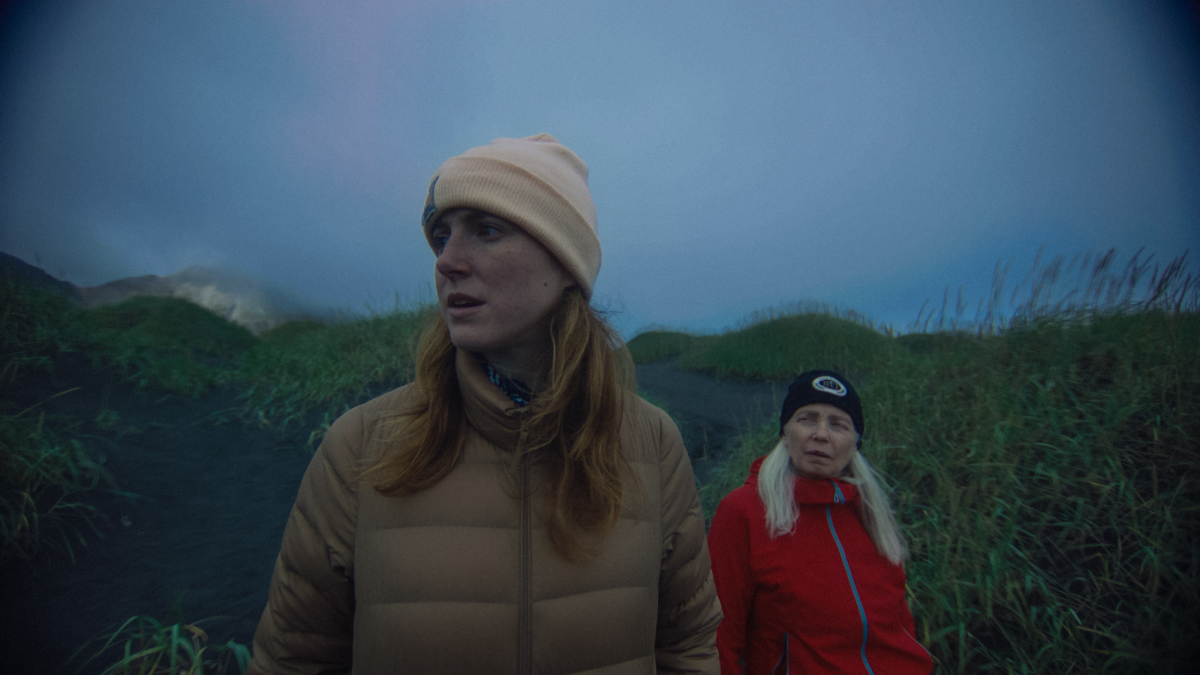“The Sessions”
Where: Uptown Theatre
Rated: R
Directed by: Ben Lewin
Starring: John Hawkes, Helen Hunt, William H. Macy
Opens: Friday
Mark O’Brien spent the majority of his life enclosed in an iron lung to maintain his oxygen intake. At the age 6, he lost most muscle coordination below his neck due to polio, yet still maintained feeling throughout his body. With only the movement of his head, he could make phone calls and type, letter by letter, with a small wand in his mouth.
The independent film “The Sessions” details the bedridden writer’s brief sex life outside the iron life-preserver. Director Ben Lewin re-imagines his real encounters with a sex therapist to lose his virginity. O’Brien’s 1990 article, “On Seeing a Sex Surrogate,” functions as the source material, containing the poet, journalist and social critic’s wry voice.
“The Sessions” treats the sex-driven subject with equal parts hilarity and sensitivity. John Hawkes captures the celebrated University of California-Berkeley graduate with the poet’s distinct dry honesty, while Helen Hunt’s portrayal of sex therapist Cheryl Cohen Greene gives a candid, positive view of sexuality.
Between repeat visits to his priest, Father Brendan (William H. Macy), O’Brien confesses his sexual exploits. Since his gurney cannot quite fit inside a confessional booth, they chat openly about it among the pews of a Catholic church — to the dismay of one woman trying to pray.
Macy’s character becomes a voice of empathy and comic relief during the movie’s more personal explorations of O’Brien’s quest to lose his virginity.
“I know in my heart that God will give you a free pass on this one — go for it,” Father Brendan says.
Lewin also uses these interludes to supplement the sex scenes with O’Brien and Greene. At first the trepidation and anticipation of O’Brien’s burgeoning sexuality become points of humor, but later the scenes function as moving dialogues about his longing for physical affection and love.
When Greene first treats her role as sex therapist with a practical and coldly medicinal quality, she sounds like a coach encouraging O’Brien. She documents her observations and notes via a recorder for the audience to hear.
But this morphs into a co-dependence as the two continue talking post-coitus, and O’Brien sends her a love poem. “The Sessions” turns into a tragic love story; Greene becomes closer to O’Brien as the mundane relationship with her husband (Adam Arkin) trudges on. O’Brien even requests that she climax during intercourse, something the poet finally reciprocates after a host of failed attempts.
Lewin stretches the film’s impact too far here. He never lends the romantic relationship much time to take off; it’s almost as hasty as one of O’Brien’s premature ejaculations. Any stilted interaction between Greene and O’Brien is dramatized for the purposes of a greater climax anyway. “The Sessions” cannot amount to a love story because of the alienating yet life-sustaining nature of O’Brien’s iron lung, an impending structure limiting his physical connection to the world.
Early on, Greene states the six-session limit for the amount of times she’s able to visit with O’Brien, as is the case with all of her clients.
Rather than a simple love interest, she exposes his personal battle with self-identity. In one scene O’Brien writes about in his 1990 article, Greene holds a mirror up and asks him what he sees.
The film’s naked exploration of sexuality also asks the audience the same question, for O’Brien stated the case for an honest appeal to his humanity in the 1996 documentary “Breathing Lessons: The Life and Work of Mark O’Brien.”
“The two mythologies about disabled people break down to one: we can’t do anything, or two: we can do everything,” O’Brien said. “But the truth is, we’re just human.”
Three out of four stars.







